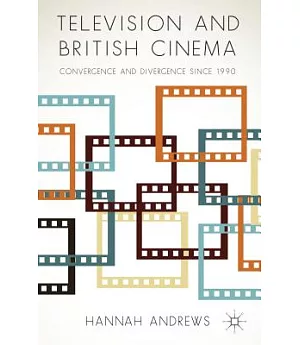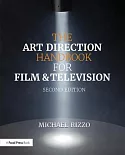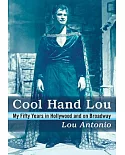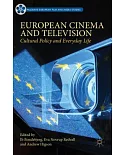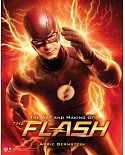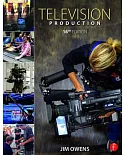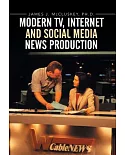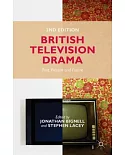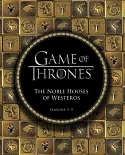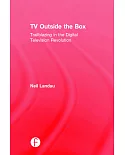Hannah Andrews provides a timely and thorough investigation of the changing relationship between television and cinema in Britain since 1990. She explores the process of convergence, in terms
of both the intermedial relationship between closely related cultural forms, and the involvement of institutions of television in the British film industry. Rather than view convergence as a
byproduct of digitalization, Andrews argues for a longer history of analogue convergence, manifested in, for example, the use of television as an alternative exhibition platform for British
cinema, or the broadcast of feature-length filmed television dramas traditionally conceptualized as ’plays’ rather than films. Television and British Cinema demonstrates how these processes
of convergence have been met with equally strong rhetorical ’divergence’, the use of presentational devices or discursive framing to distinguish film from television. The book discusses the
role of television institutions in these processes, focusing on a period in which the relationship between film and television in the UK developed into a symbiosis.

